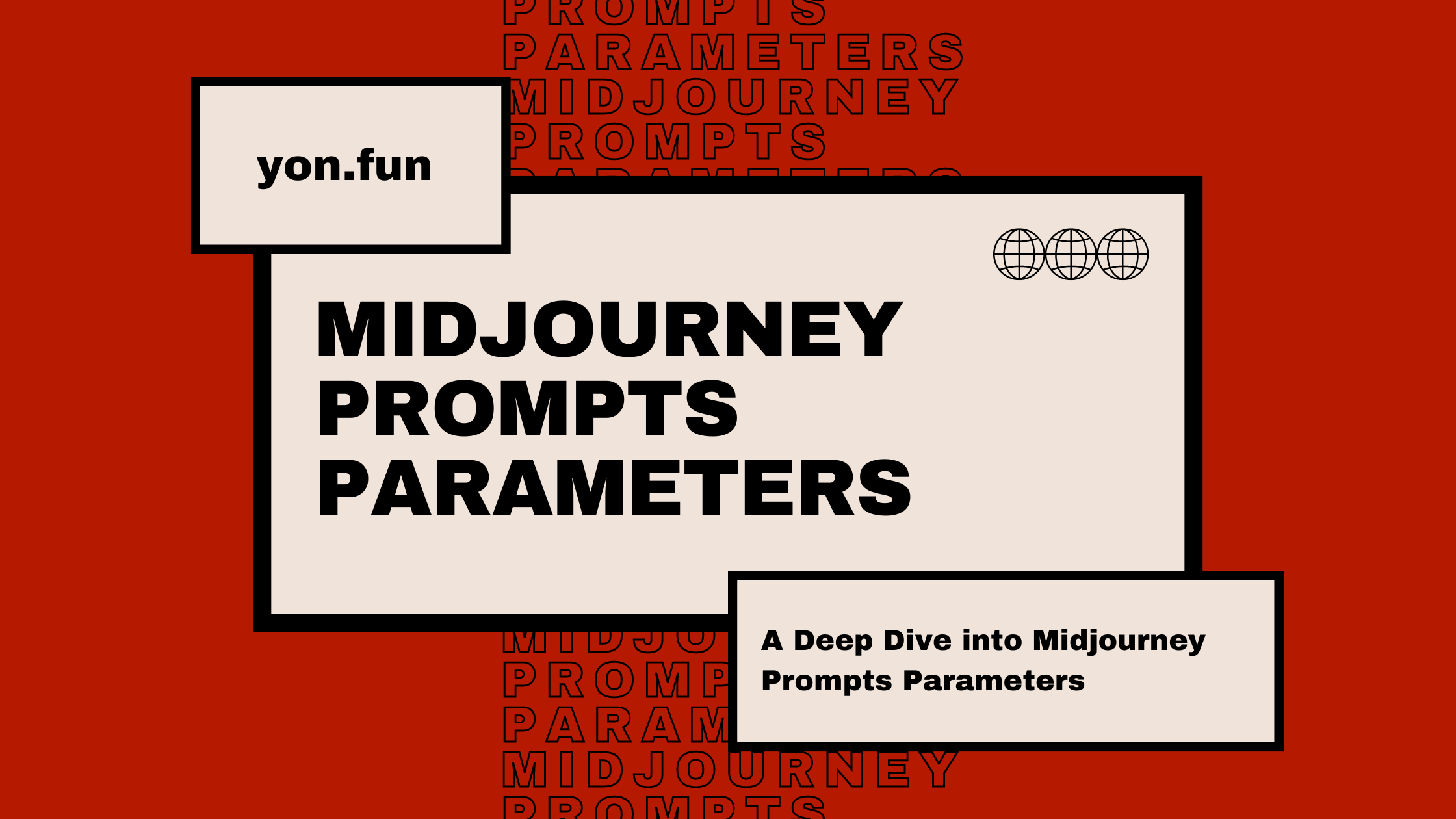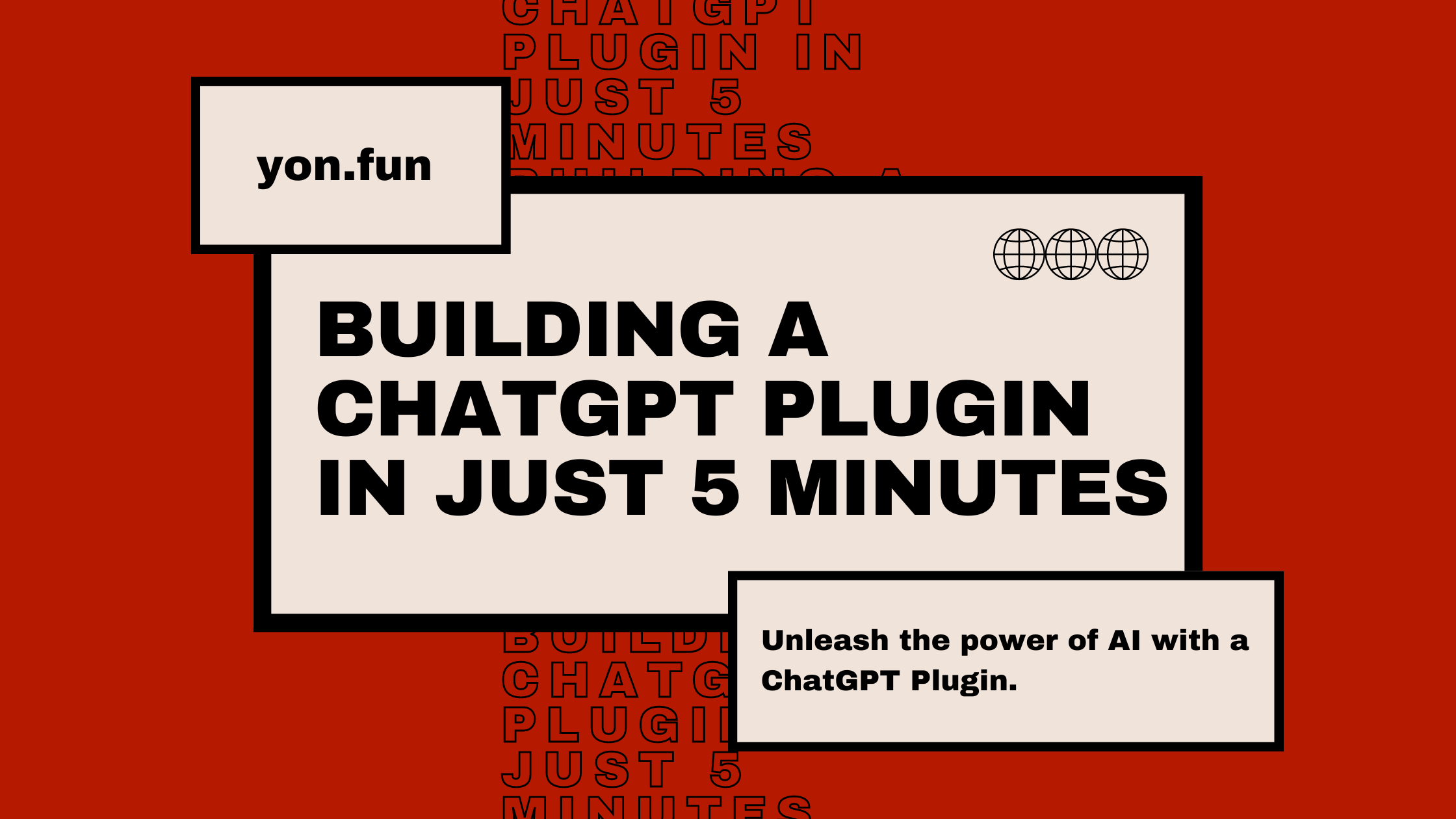I Built 9 SaaS Apps Over 3 Years — Here's What I Learned From Each One
Learn from my journey of building 9 SaaS apps. Get insights on security, marketing, and more.
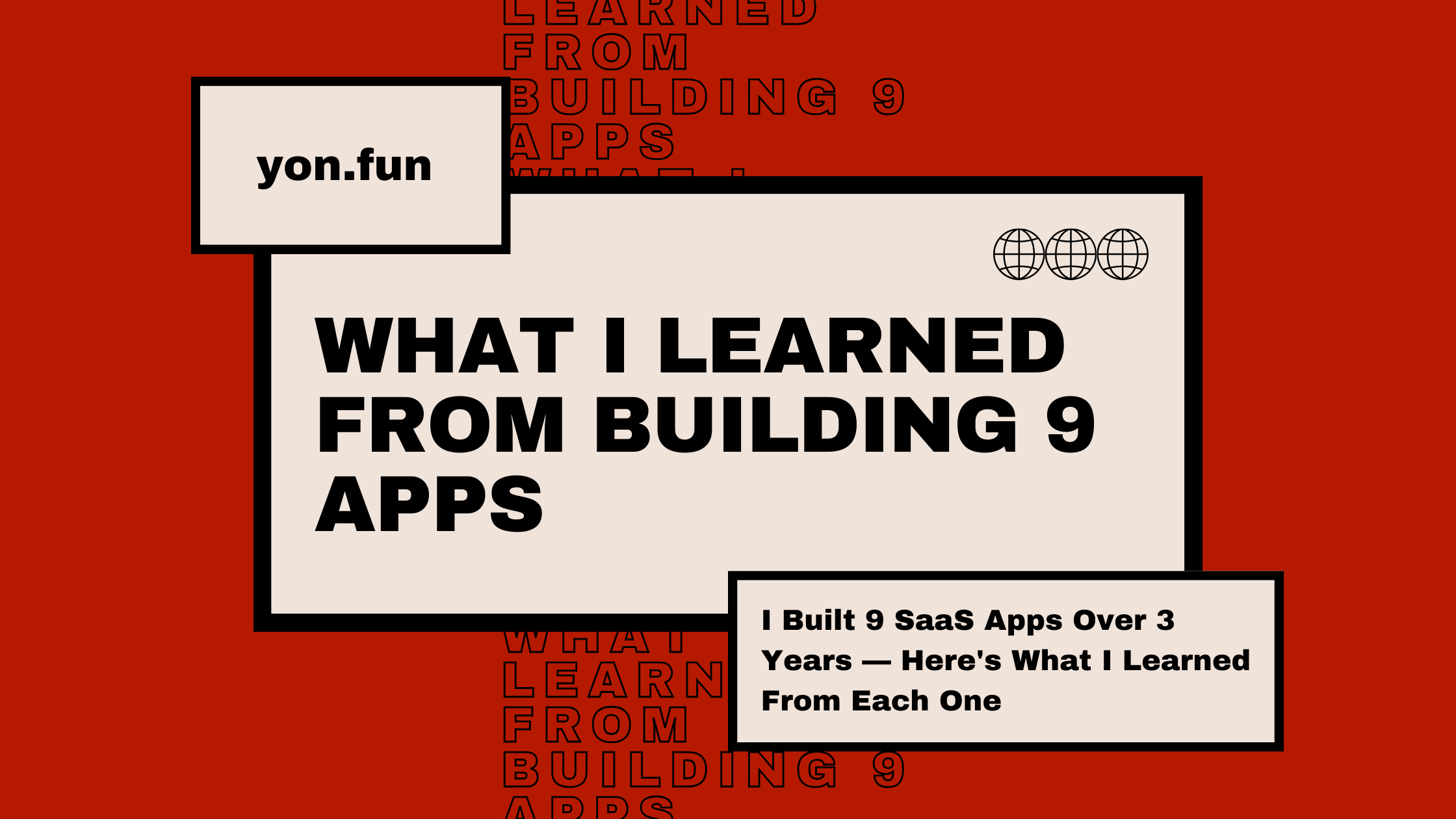

In the past three years, I’ve built nine different SaaS apps to varying levels of success with the hopes of one exploding into profitability and allowing me to subsist off of the apps and without my 9-5 job.
We're not quite there yet, but I've become a stronger builder from SaaS #1 to SaaS #9.
In this post, I’ll share what each app was about and the most significant lesson I learned from building it.
1. Groops
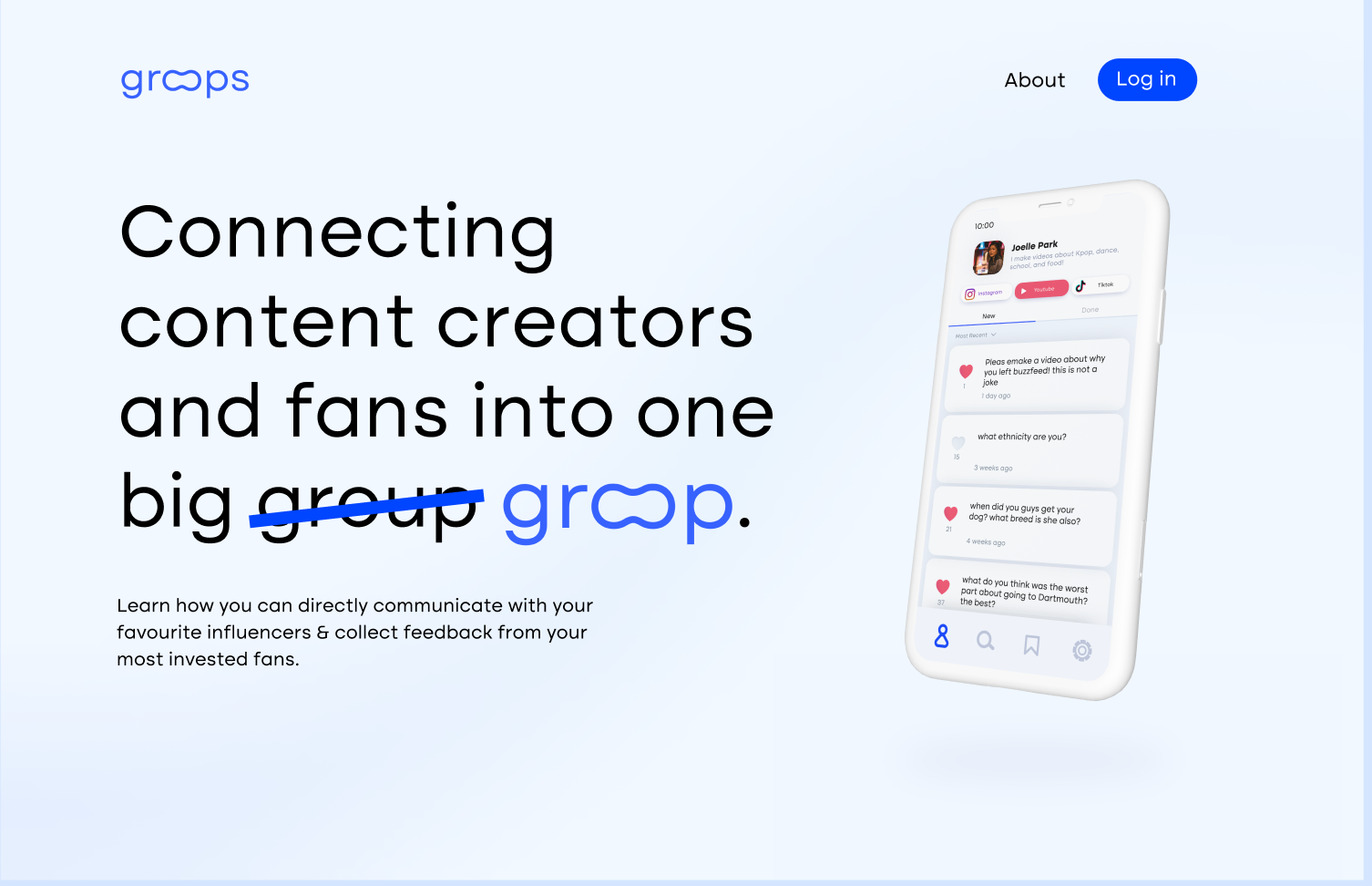
Groops was a link-in bio application with a unique twist—it included a mini Q&A feature similar to a subreddit.
Lesson Learned
Security is crucial.
My first app had significant security issues, resulting in a $300 cloud bill due to a follower exploiting vulnerabilities.
Additionally, the creator space is tough to break into as creators often hesitate to spend money on tools. From this app onward I swore to myself that I would not make another tool for the creator economy again (note: I didn't listen to myself and tried to build more creator economy tools again).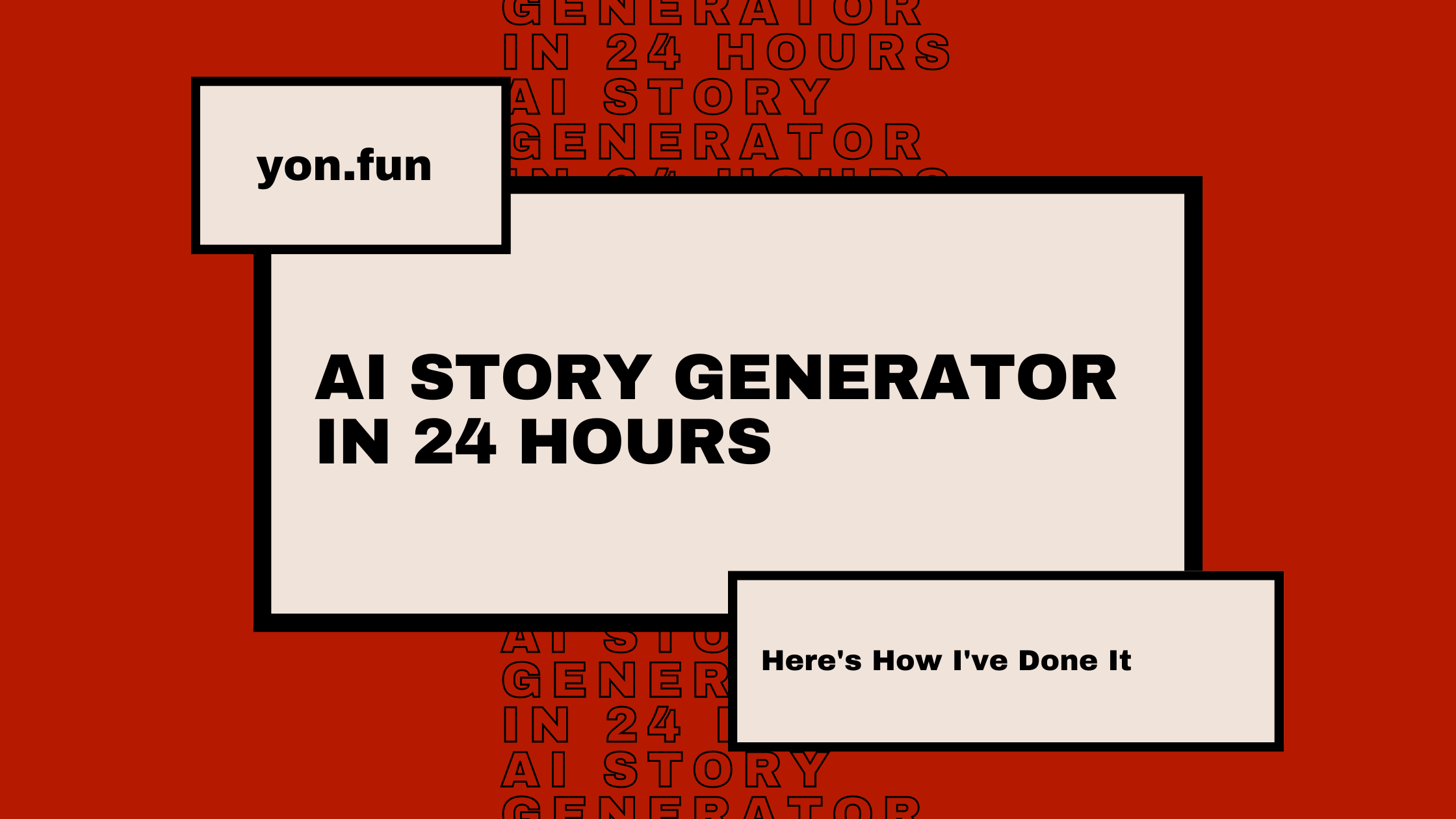
2. The 3-Minute Journal
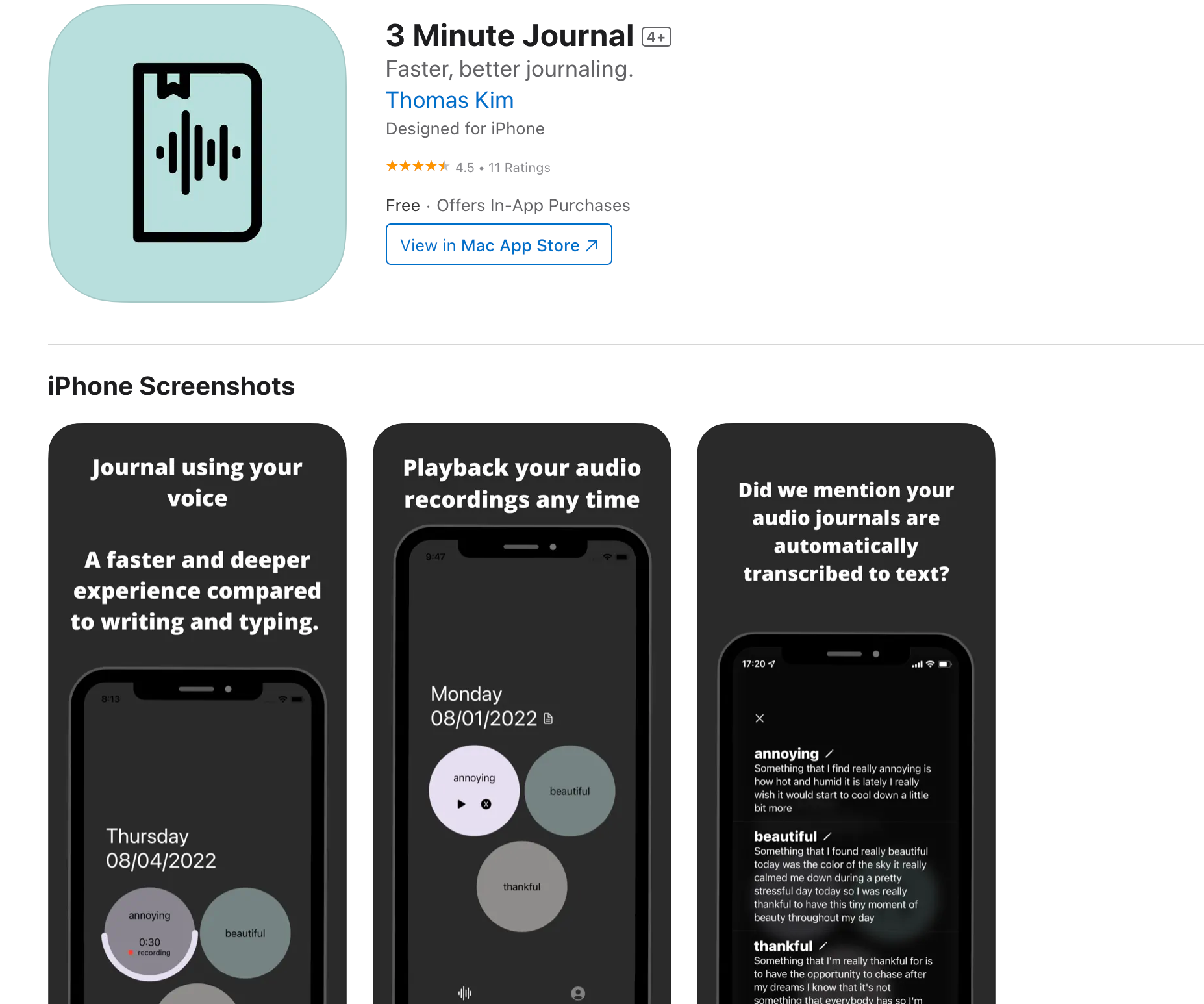
This mobile app was an audio journal where users could record three things daily: something beautiful, something they were thankful for, and something that surprised them.
The UI was very "TikTok-esque" where you could scroll through each day one day at a time and record your journal entries.
This was also the first mobile app I ever published!
Lesson Learned
Founder-product fit is essential.
Despite liking the concept, marketing it was difficult because I wasn't a wellness influencer.
It's important to build and market a product that aligns with your interests and expertise.
When I built this app I was adamant about building + marketing the app completely by myself, and I knew that this was an app that I couldn't market.
If I were to go back in time, I would find a wellness influencer to partner with to handle the marketing + distribution. I still think this product has some potential to it!
3. Linkful
Another Linkin bio tool. Linkful aimed to tie specific products to specific posts, making it easier for users to find links mentioned in old posts. Almost like a unique link in the bio for every individual post in your grid.
Lesson Learned
Differentiation is key.
The app didn’t stand out enough from competitors like Linktree and Beacons, making it difficult to attract users, and in the end, I wasn't willing to compete with the huge incumbents in that space.
4. SWE Projects
SWEProjects aimed to provide high-fidelity coding tutorials for building real end-to-end applications, targeting those who had outgrown beginner coding resources.
This largely stemmed from a pain point that I had when I tried building out my very first app, Groops.
Despite being a software engineer in my day job I had no idea how to build an app completely from scratch, so I wanted to build a resource of coding tutorials to teach people how to build apps completely from scratch.
Lesson Learned
Content businesses are challenging to scale.
Writing high-quality tutorials was time-consuming, and the business couldn't scale without constant content creation.
I just didn't have it in me to think of new projects to build week after week, month after month.
5. Social Queue
A tool that allowed users to schedule social media posts (e.g. TikTok, Instagram, Youtube) from within Notion.
Lesson Learned
Passion for the niche is important.
Despite the potential of the app, I wasn't a big Notion user, which made it hard to stay motivated and effectively market the product.
Also, this was a pretty technically challenging product for me to build. Made it a bit harder to work on because of that.
6. Dev Toolbox
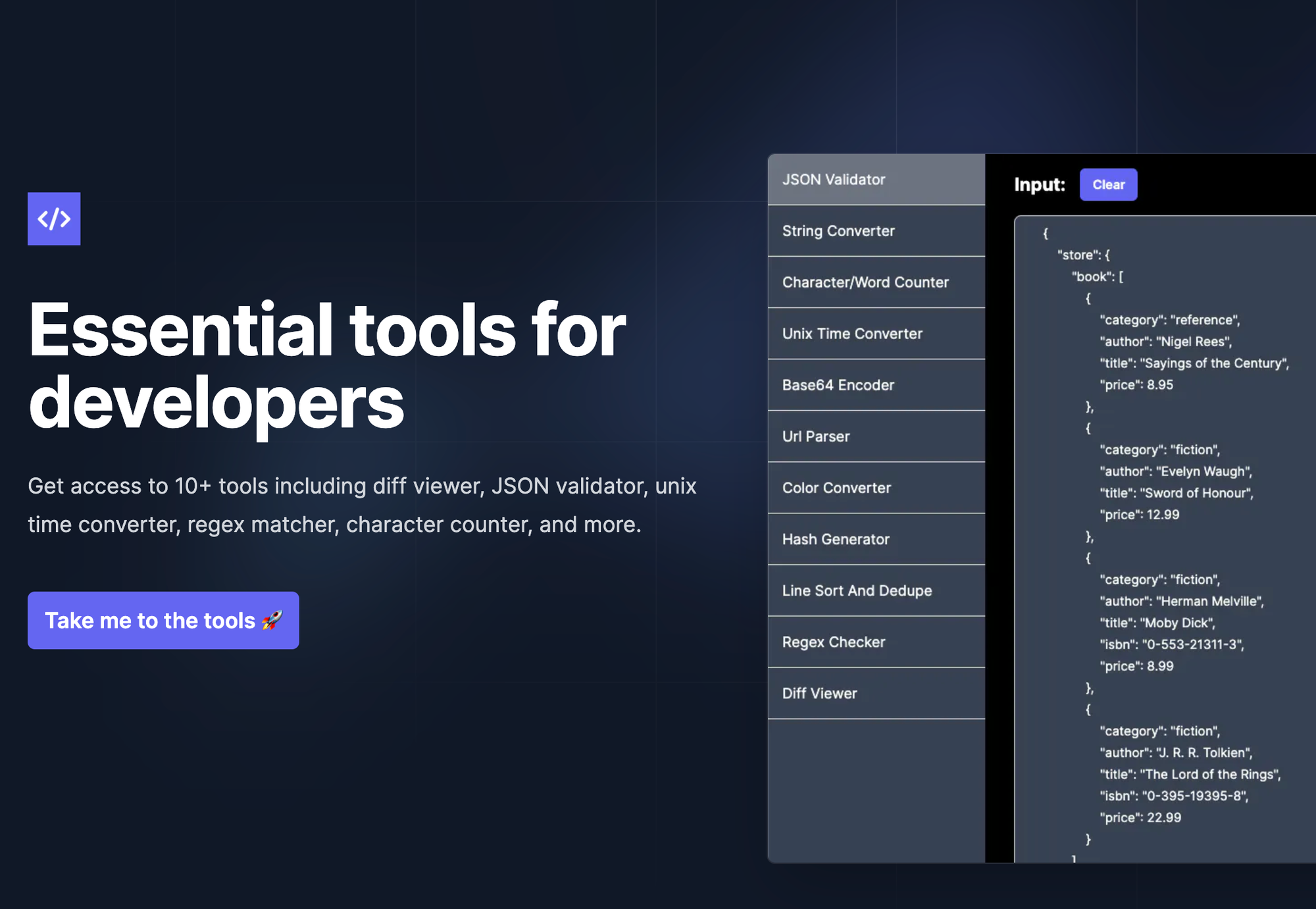
DevToolbox desktop app offers various developer tools, like JSON prettifiers and hash generators, in one place.
The inspiration for this idea came from the fact that a lot of developers (myself included) would Google random websites for certain annoying tasks like cleaning up a JSON object, lorem ipsum generator, etc and we would get bombarded by ads on these random sites on the internet.
So I wanted to build a "one-stop shop" that has all the tools available without ads.
Lesson Learned
Monetization matters.
While the app had active users and contributors, it made no money as it was a free open-source tool.
Probably one of my most successful tools in terms of Github contributions (the Github Repo currently has 577 stars!) but it didn't solve a big enough pain point to generate paying users.
7. Nexus Research AI
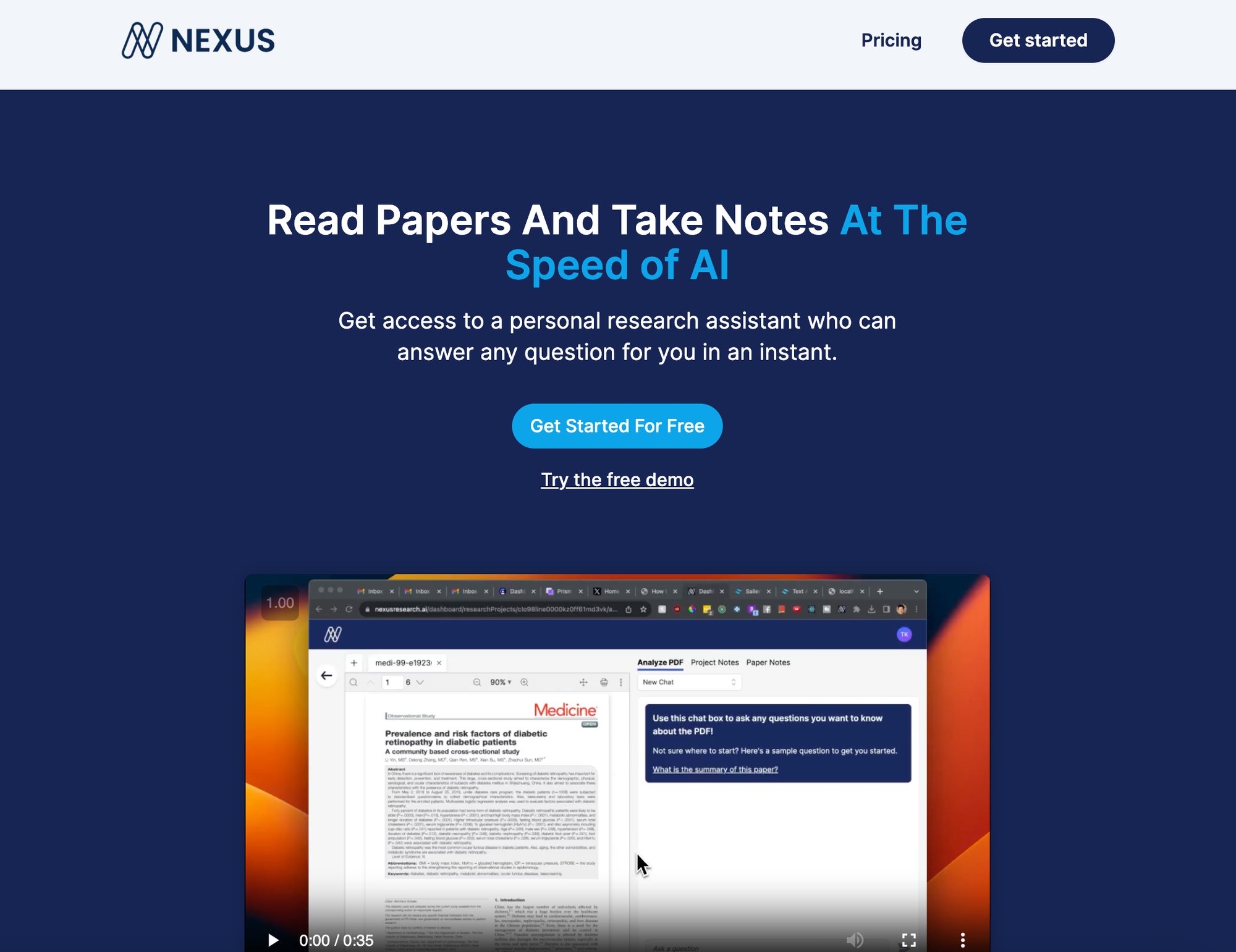
Nexus Research is an AI-powered tool that allows users to upload PDFs, have AI read them, and then chat with the PDF to get answers.
Lesson Learned
Effective marketing is crucial.
This app reached around $450 in monthly recurring revenue through dedicated social media marketing efforts, highlighting the importance of a solid marketing strategy.
This was my biggest win of any product I had built up until this point and it's from this project I learned that especially in the early days, marketing the product is way more important than actually building the product.
It doesn't matter how beautifully built the tool is if no one uses it!
8. Perfect Interview
Perfect Interview is an AI-powered interview prep tool that generates practice questions based on uploaded job descriptions, resumes, and cover letters.
Lesson Learned
Know your limits.
Despite initial success, scaling the product required us to become career influencers, which wasn’t something we were passionate about. I'm a firm believer that there are two types of founders in the world.
- Founders who don't care what they're working on and only care if they see an opportunity that they can make money from. They can then convince themselves to care about any niche/industry if they see a money-making opportunity in it.
- Founders that can only build in niches/industries that they care deeply about.
I identify as the second type of founder and with Perfect Interview I realized that I didn't care enough about the niche of helping people land their dream jobs to push through the hard times.
9. Content Marketing Blueprint
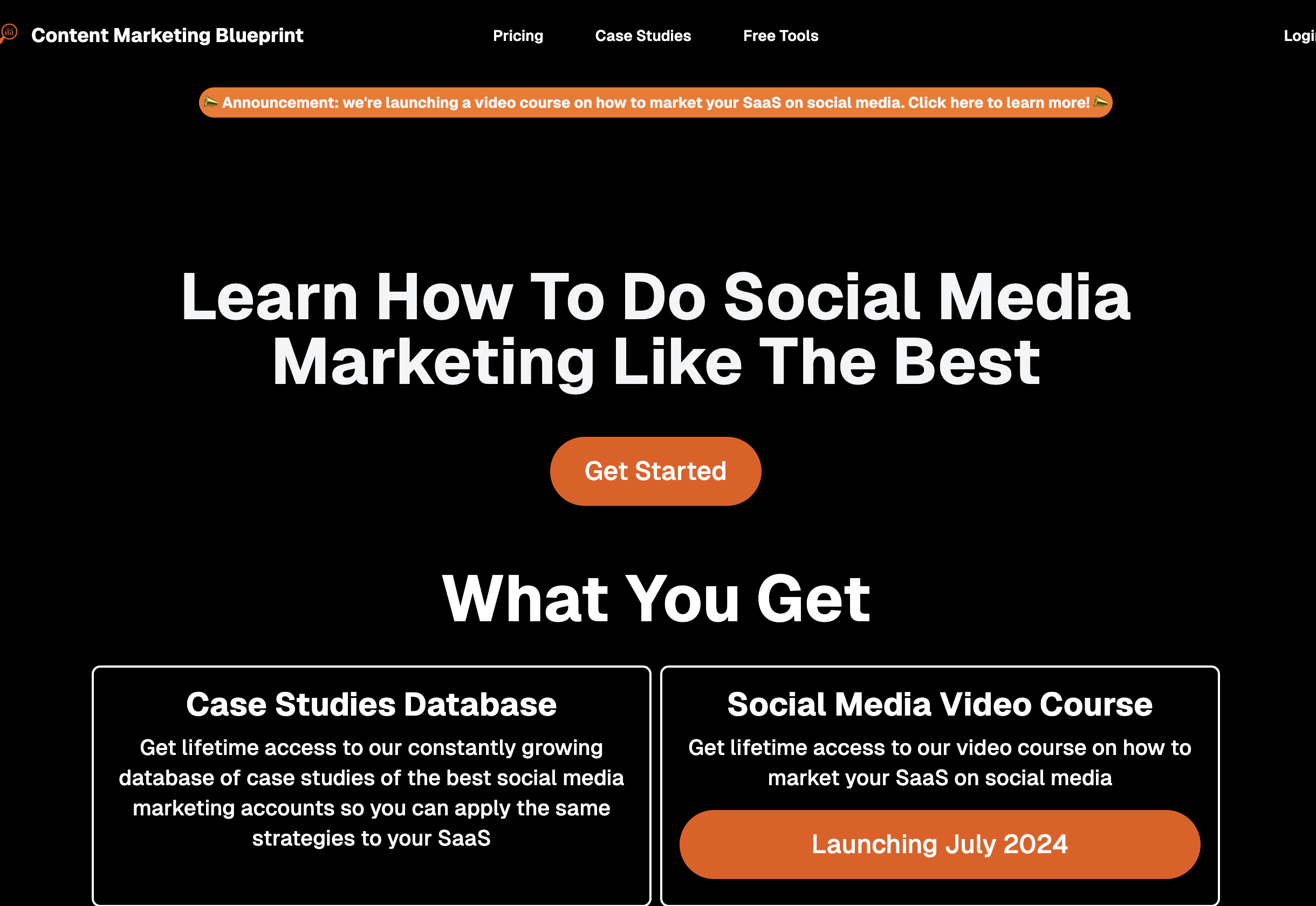
The Content Marketing Blueprint comprehensive guide to help businesses grow through social media, including a database of case studies and a video guide.
Lesson Learned
Passion drives persistence.
We’re passionate about helping businesses grow on social media, which keeps us motivated to push through challenges and continue developing new products in this space.
Building any type of product or startup is hard and that's why I think it's important to care about the niche/industry that you're building in to push through the difficult times.
With the Content Marketing Blueprint, it was the first time where I finally felt like I was building a niche (growing businesses on social media) that I cared deeply about to commit to the long term and not quit when it gets difficult.
In fact, My co-founder (@MengMengDuck on social media) loves the niche so much that we've decided to double down on it and build a holding company called YK labs (yklabs.io) where we build tools + products specifically to help businesses grow on social media.
The Content Marketing Blueprint is our first product, and we're also actively building our second SaaS product.
We're reviving Social Queue (the Notion-based social media scheduling tool) to be an open-source social media management tool.
You can check it out at socialqueue.ai.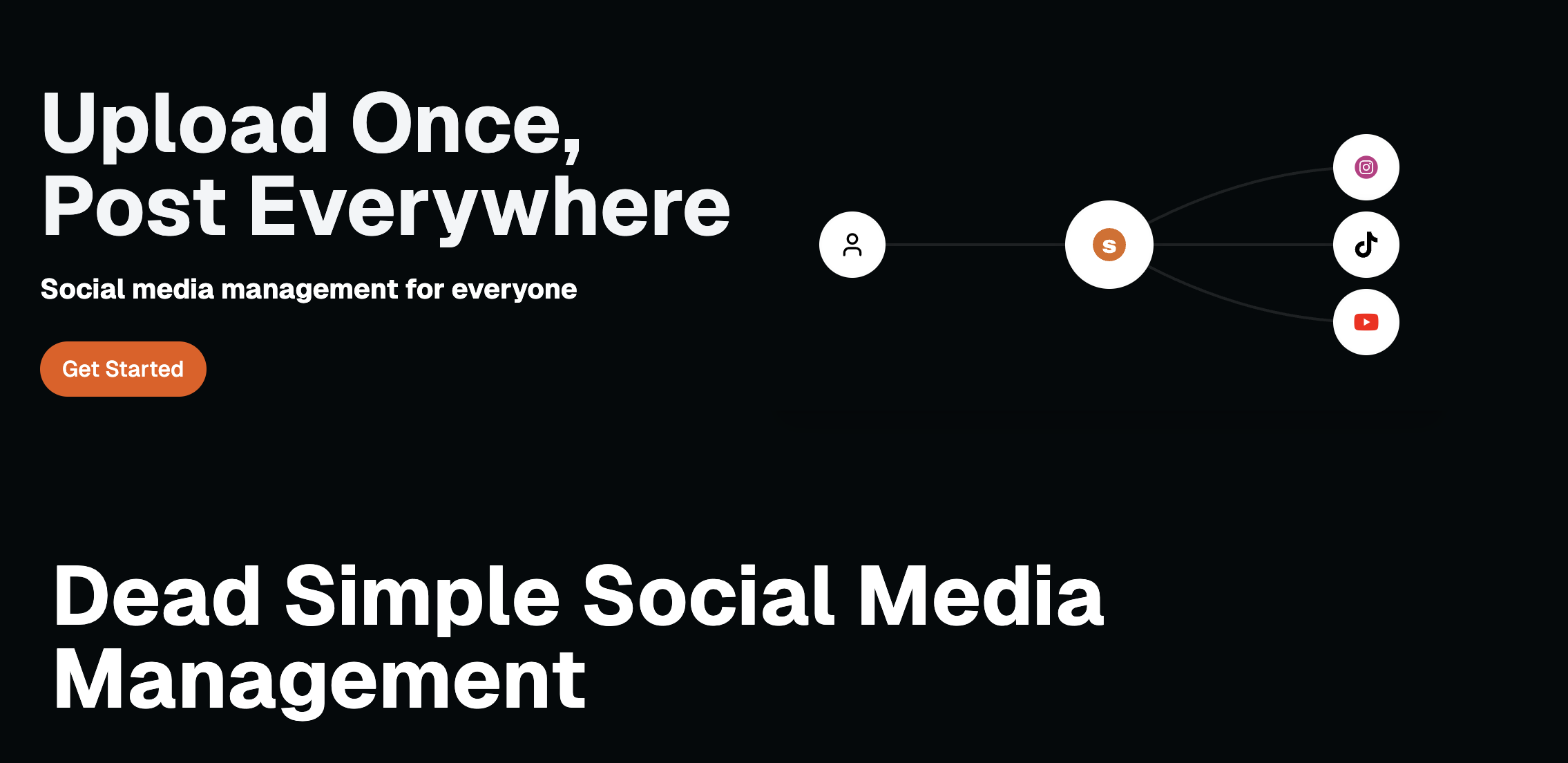
Final Words
Throughout this journey, I’ve learned that building a successful SaaS product involves much more than just having a good idea.
Security, marketing, differentiation, and personal passion all play crucial roles.
While some of my projects failed and others found moderate success, each one taught me valuable lessons that I carry forward into my next venture.















